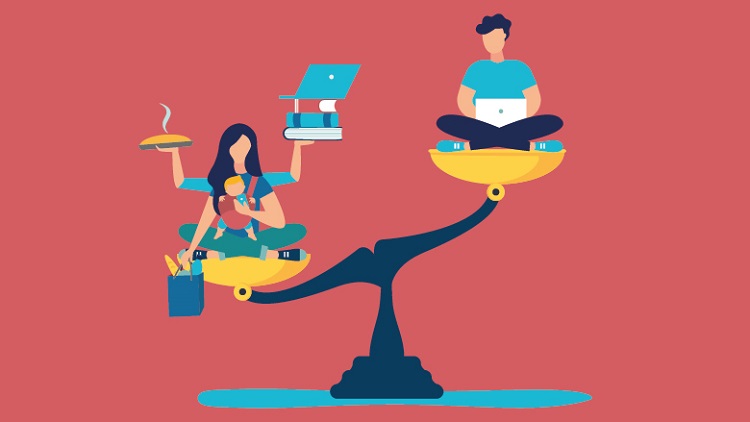Globally, gender inequality has an important impact on mental and physical well-being. It can reduce access to medical care, increase illness rates, and shorten life expectancies.
While it is undeniable that women live longer on average than males, they also have greater lifetime illness rates. It could happen that this is impacted by gender inequality and discrimination. If someone you know at work is being discriminated against based on gender, you should contact Strianese Huckert, LLP.
The role of gender equality on mental health in the workplace
Gender discrimination is a stressor, and like all stressors, it can have an adverse effect on mental health. According to research from 2020, women who said they encountered gender discrimination in the previous 12 months scored better on a depression screening instrument.
Being a victim of discrimination can trigger anxiety and psychological distress, depending on the circumstances. According to the research paper’s authors, discrimination significantly influences the “gender gap” in mental illness rates. Most mental health issues are more common among women, including:
- Depression, which affects women more often than males,
- Anxiety
- Post-traumatic stress disorder (PTSD)
- Eating disorders, which affect women 4 to 10 times more often than males
Physical health is negatively affected in both ways by gender discrimination. These consist of:
- Illness
According to multiple studies, becoming a victim of discrimination is linked with decreased physical wellness.
- Less healthy living conditions
Having less access to the resources one requires for survival and success due to gender discrimination can also result in poorer living conditions.
- Injury death
Violence caused by discrimination has an obvious effect on health as well. Another example of this is female genital mutilation (FGM).
FGM mainly impacts young females under 15, and involves unnecessary surgery to remove all or part of the genitalia. Communities participating in FGM may think that doing so will boost girls’ purity, make them more suitable for marriage, and reduce their chances of engaging in extramarital sex.
How does an individual handle such situations?
- Reflect on the needs.
Discuss your concerns with a friend, a member of your family, or a therapist, and come up with some potential requests you may make at work to assist yourself.
- Find allies and safe places.
Finding a safe place to share your experience while receiving support from friends is an essential first step, given the stigma sometimes connected with mental health challenges. When you feel left out because of your gender, being aware that you are not alone could make a big difference.

